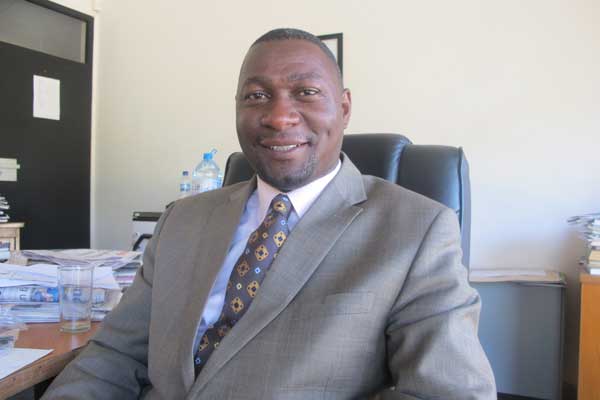
The introduction of a five cents levy on mobile data and plans to introduce a separate tariff on over-the-top (OTT) voice calling is set to make Zimbabwe one of the most expensive countries in terms of mobile data.
BY TATIRA ZWINOIRA

Experts have called on local mobile operators to come up with their own social media applications, which enable people to communicate so that they do not lose on revenue.
Zimbabwe was ranked the fourth most expensive country in terms of mobile data as at September 30 2016, according to data from Research ICT Africa.
In the report, the national average cost for one gigabyte of monthly data in South Sudan was $90,86, Mauritania $33,60 and Swaziland $32,33 while it was $30 in Zimbabwe.
At the end of the second quarter of 2016, Zimbabwe was third before falling to fourth place after Mauritania took second place and Swaziland third.
Last week’s attempt by the Postal and Telecommunications Regulatory Authority of Zimbabwe (Potraz) to raise data prices would have placed Zimbabwe on second or third place.
Subscribers would have been charged $0,12 per minute for voice calls and 2 cents for a megabyte of data.
- Chamisa under fire over US$120K donation
- Mavhunga puts DeMbare into Chibuku quarterfinals
- Pension funds bet on Cabora Bassa oilfields
- Councils defy govt fire tender directive
Keep Reading
Government, through the Information and Communication Technology ministry, suspended the Potraz directive following an outcry from subscribers.
Zimbabwe Information and Communication Technologies (ZICT) chairman Jacob Mutisi said if the increase in charges proposed by Potraz had been successful, the ICT sector would have faced growth difficulties as the proceeds from the increased tariffs would not have benefitted the sector but other government departments.
He said the development would also have needlessly drained more money from mobile subscribers.
Mutisi said instead of increasing charges, a better move would have been to encourage the sector to “create local OTT applications to combat foreign ones”.
“Why is it that in Zimbabwe we do not have our own Play Store? Why is it we do not have our own mobile application store? We should be investing all our money in the youngsters that find solutions to our problems,” he said.
“We are already highly taxed so there has got to be ways to seek revenues from other sectors.”
ZICT research found that Zimbabwe’s ICT has an active mobile penetration of 90% while internet penetration was 45% as at December 31 2014. This shows mobile data is the biggest growth indicator of the ICT sector.
As such, Mutisi said more focus needed to be on growing local applications to increase revenues since the potential was there.
A research paper by Research ICT Africa said OTTs presented a threat to mobile network operators’ traditional sources of revenue — voice calling and short messaging services.
“As OTT services evolve from instant messaging to all forms of communication, some mobile operators feel increasingly threatened while others use it as an opportunity to gain market share,” Research ICT Africa said.
However, Research ICT Africa said a mobile operator launching their own OTT application was probably the least successful strategy unless it was part of a data access only strategy.
An analyst said such a framework would allow local mobile operators to introduce a separate pricing system and earn revenue from a local OTT application.
Mobile subscribers in Zimbabwe have lately become vocal and last week went on a protest crusade after Potraz announced new floor prices for voice and data. The protest forced government to push the regulator to rescind its decision.
ICT minister Supa Mandiwanzira suspended the new floor prices saying it was shockingly high and “can only reflect insensitivity to fellow Zimbabweans and gluttonous corporate greed”.
Meanwhile, Potraz has accused mobile operators of being the architects of this hike, saying they (mobile operators) had approached the regulator last October complaining about declining revenue and proposing a rise in the floor prices.
According to minutes of a meeting by Telecommunications Operators’ Association of Zimbabwe, Econet proposed a floor price of $0,12 for voice and $0,05 for data.
NetOne was agreeable with the $0,05 for data and the $0,12 for voice, although their initial position had been $0,10 for voice, the minutes show.
The meeting was held on October 17 2016 in Harare and was attended by representatives from the three mobile network firms —Telecel, Econet and NetOne.
Telecel had a proposal of $0,11 for voice and $0,05 for data.
“Members noted that for voice, the proposals were close and it was agreed to adopt the $0,12 as a floor price. The difference on the data floor, however, prompted Telecel to request more time to consider their proposal and will revert to members on October 19, 2016,” the minutes said.
As such, the source said the deliberations were submitted to Potraz who are believed to have taken it to the ministry of ICT for approval. Subsequently, Potraz announced the new floor prices.











